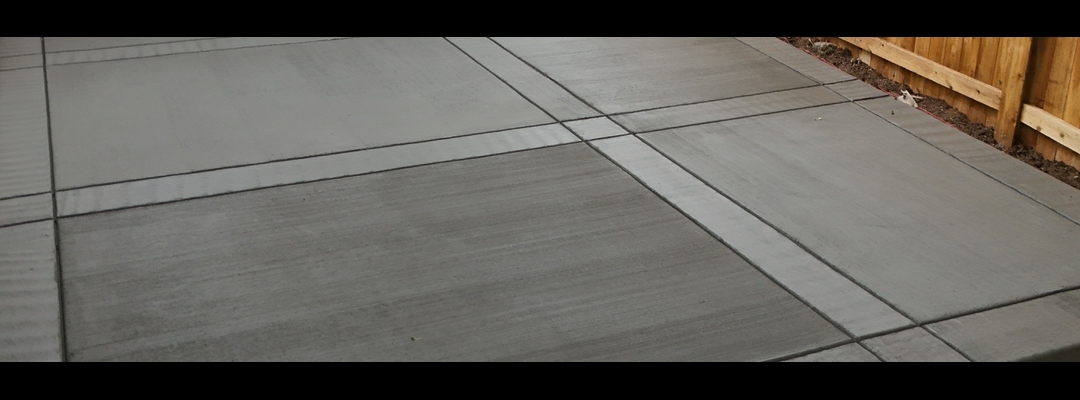Look, I’m just gonna say it – my driveway tried to kill me three times last winter. First there was the Great Ice Sheet Incident of January. Then the Surprise Sinkhole that nearly swallowed my Amazon delivery guy. And who could forget the Crack That Ate My Snowblower? By spring, I was ready to pave the whole thing with bubble wrap just to survive.
If you’re nodding along right now, welcome to Colorado’s driveway nightmare. We’ve all been there. That moment when you realize your driveway has more cracks than a Denver sidewalk, more dips than a mountain road, and somehow manages to grow its own ecosystem every time it rains.

Why Your Driveway Hates You (And Colorado’s Role in This Toxic Relationship)
Our weather plays dirty:
- Freeze-thaw cycles that turn tiny cracks into Grand Canyon replicas
- Clay soil that moves more than a teenager’s mood (swells when wet, shrinks when dry)
- Brutal UV rays at altitude that fade and weaken surfaces faster than anywhere else
Just last month, I saw a driveway in Aurora that had sunk so much, the homeowner’s Tesla was practically off-roading to get into their garage. That’s when we had “the talk” about replacement options.
The “Yikes, I Need a New Driveway” Checklist
Your pavement is crying for help when:
- You’ve named your largest crack (mine was “The Grand Divide”)
- Puddles stick around longer than your in-laws after the holidays
- You give guests parking instructions like they’re landing a 747
- Your mail carrier starts wearing hiking boots to approach your house
Material Showdown: What Actually Works Here
Concrete (The Reliable Choice)
- Pros: Tough as Colorado granite, lasts 25-40 years
- Cons: Higher upfront cost (but cheaper long-term)
- Pro Tip: Insist on fiber reinforcement – it’s like giving your driveway a steel skeleton
Asphalt (The Budget Option)
- Pros: Lower initial cost, easier to repair
- Cons: Needs resealing every 2-3 years, fades fast in our sun
- Reality Check: That smooth black look lasts about 12 months here
Stamped Concrete (The Showstopper)
- Pros: Gorgeous patterns and colors
- Cons: More expensive, can be slippery when wet
- Best For: Curb appeal warriors who want to impress the neighbors
How to Avoid Getting Scammed (From Someone Who’s Seen It All)
Base is Everything
A proper Colorado driveway needs:
- 12+ inches of excavation
- Properly compacted gravel layers
- Geotextile fabric in clay areas (it’s like Spanx for your soil)
Rebar vs. Wire Mesh
- Rebar for problematic clay soil areas (Parker, Highlands Ranch)
- Mesh for more stable soils
Drainage Can’t Be an Afterthought
Your driveway should slope away from your house at least 2%. We use laser levels because eyeballing it leads to wet basements and regrets.
Real 2024 Denver Pricing (No Fluff)
Here’s what actual homeowners are paying this season:
| Size | Basic Concrete | Stamped Concrete | Asphalt |
|---|---|---|---|
| 20×20′ | $8,000-$12,000 | $12,000-$18,000 | $5,000-$8,000 |
| 24×24′ | $11,000-$16,000 | $16,000-$24,000 | $7,000-$11,000 |
The Nguyen Family in Westminster:
Paid $15,200 for a stamped concrete driveway last fall. Between the added home value and not having to play “dodge the pothole” anymore? Worth every penny.
The BNB Difference (Why We’re Not Just Another Contractor)
After 15 Colorado winters, we’ve learned:
- Always overbuild the base (because our soil is fickle)
- Use air-entrained concrete (handles freeze-thaw like a champ)
- Cut proper expansion joints (concrete needs room to breathe)
- Never skip the curing sealant (it’s like sunscreen for your driveway)
Ready to Ditch Your Problem Driveway?
Here’s how to get started:
📞 Call or text: (720) 401-0164
📧 Email: Info@bnbservices303.com
🌐 Online form: BNB Services Contact Page
We’ll schedule a free inspection and give you the straight truth – whether that’s “you’ve got a few years left” or “this thing needs to go yesterday.” No pressure, just honest advice from fellow Coloradoans who’ve seen it all.




